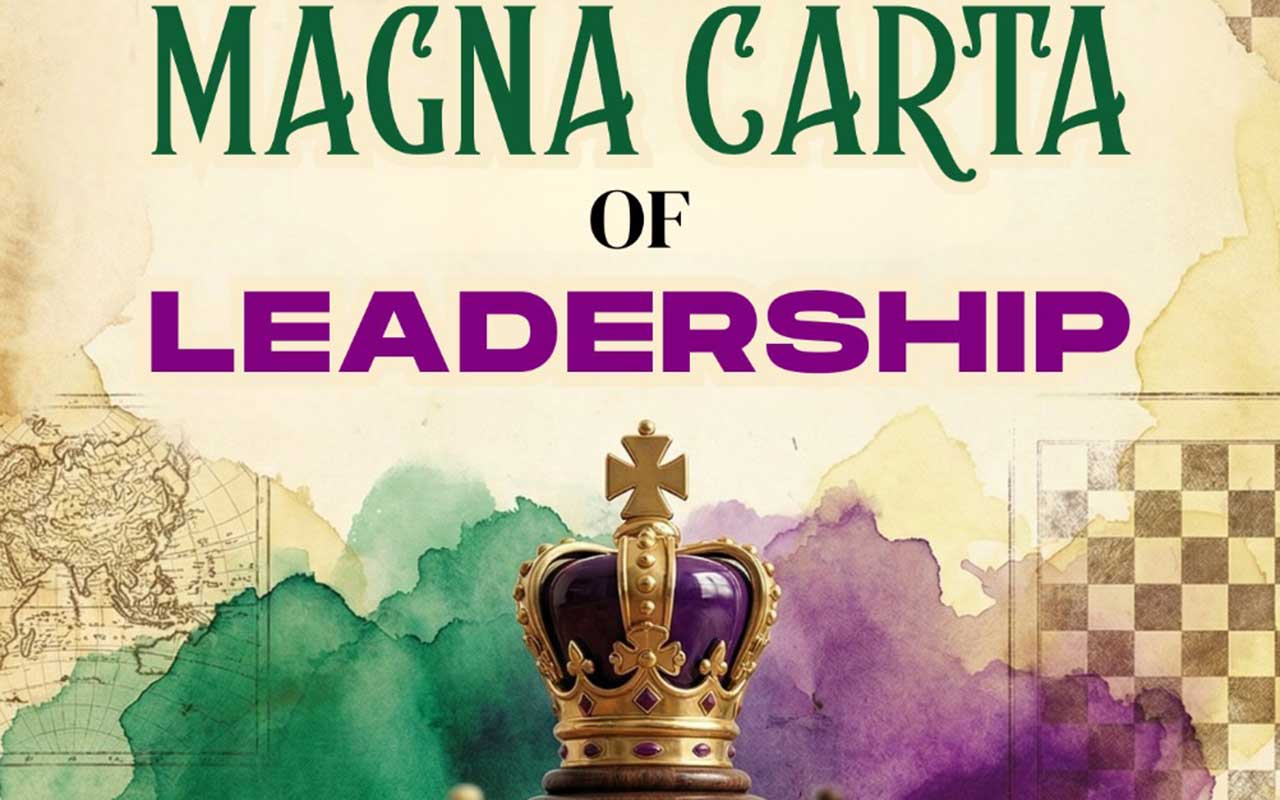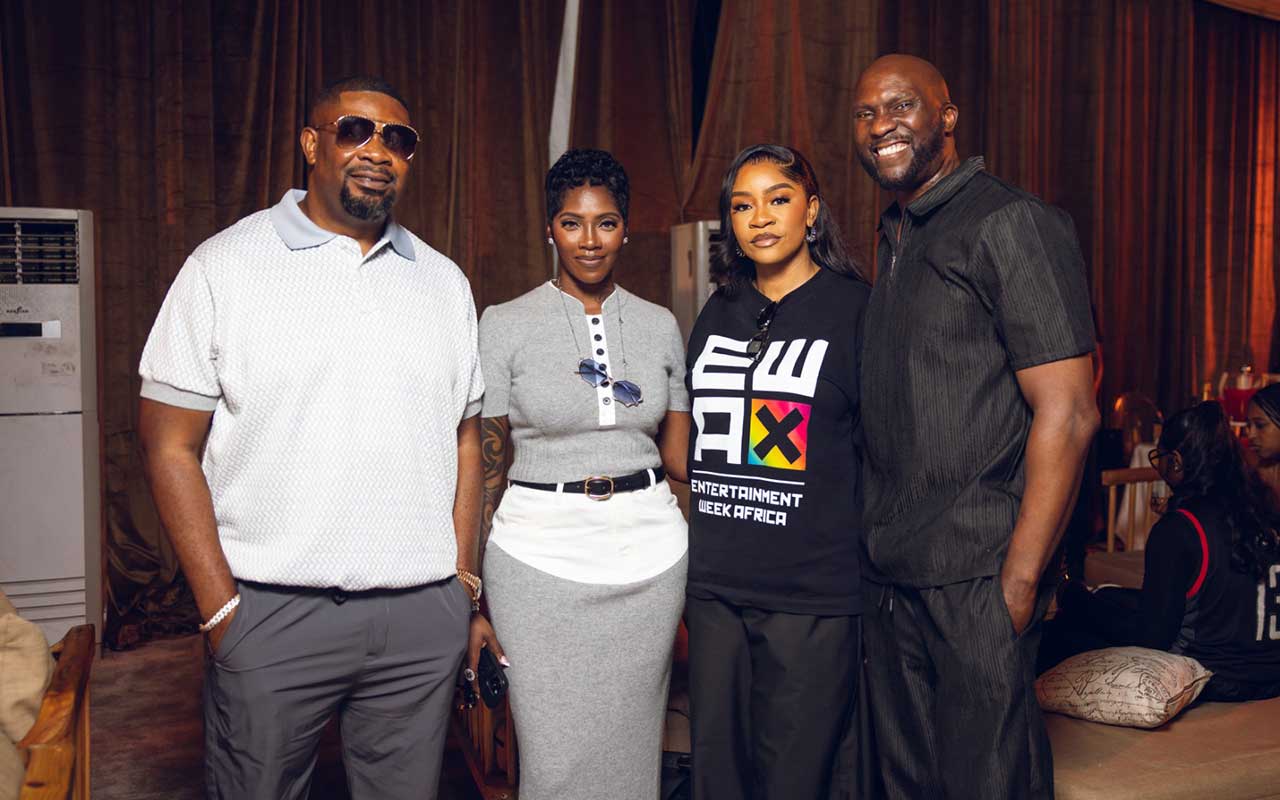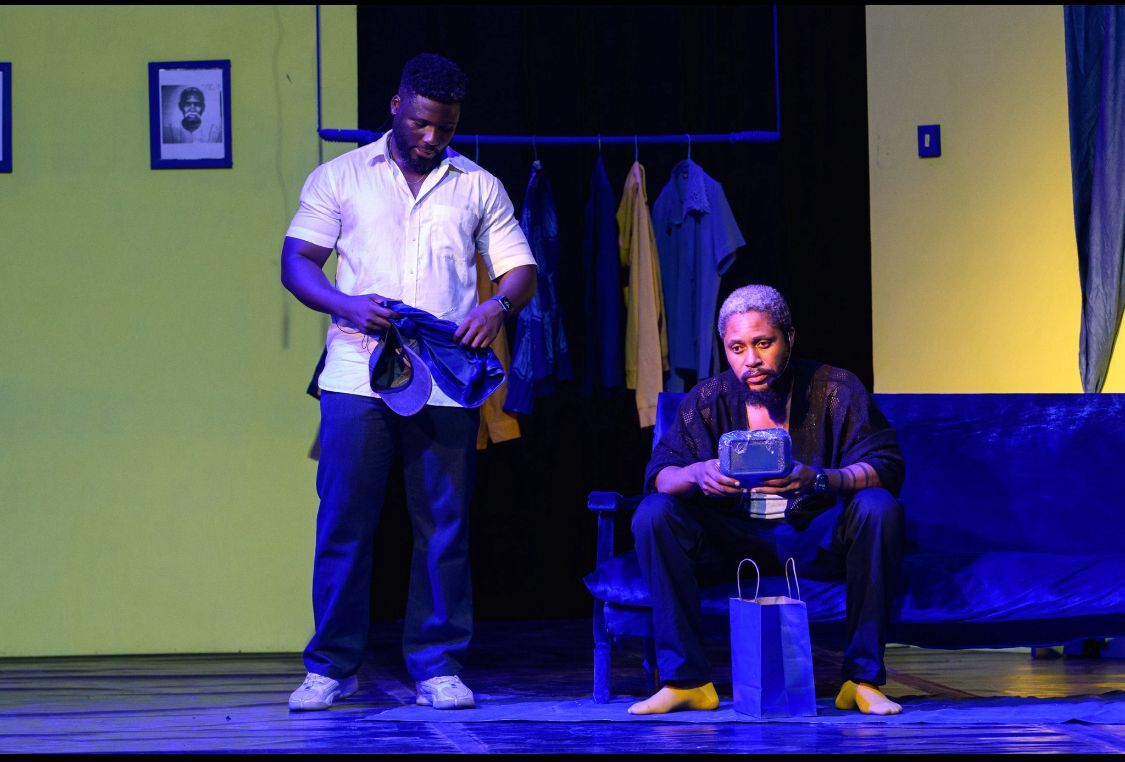Emmanuel Eni, aka Blackman in European Kitchen, is a Nigerian poet, painter, sculptor and multi-media artist based in Germany. The creator and patent holder of New ‘Light Paintings’ Art, is the founder of Contemporary Baroque Art. He is also the developer of metric scale for art products as referred in his Death of the curator (2009) — a play, which reveals the intrigue and conspiracy in the art world while pointing out the dangers of curated art.
As an artist, his work rejuvenates the soul of humans. It also shows the beauty in them. His work sharpens the intuition of humans and society to know what uplifts their consciousness.
This is best exemplified in his well attended and successful shows in Fichtelgebirgshalle in 2019 and his second show in the region of Wunsiedel, Upper Frankonia, Bavaria, Germany; which testify to the fact that an artist has to be a neutral and transparent companion at a ratio of one artist to even millions of people.
His latest show, From Heaven to Hell, follows his recent showing of the gains and philosophy of world civilisation in The Boom and Hope of love exhibitions.
It was a grand opening for the show, as the exhibition space attracted high networth guests and representatives of Missions in Germany. Even music shared a space with the works as the sopranist, Olga Moos, sang Ave Maria before guests trooped into the exhibition hall.
It also attracted art enthusiasts including the first Mayor of the town, Mr. Reiner Feulner, Mrs. Chioma Aisha Okorie-Haidera from Nigerian Embassy Berlin, who later signed the golden book of the town of Schwarzenbach am Wald where the exhibition held.
In the words of Okorie-Haidera, Eni’s solo outing in Bavaria Germany, underscored the significance of Nigeria’s culture, which she said “is unrivaled.”
She urged viewers to patronise Nigerian art and also buy the artworks as 15 per cent from the sale goes to the town of Schwarzenbach am Wald for charity purposes by the exhibiting artist.
Also, the Nigerian Consulate General in Frankfurt, Germany, Mr. Yakubu Audu Daudu, who was represented by Mr Abdulwaliu A. Faro, expressed his excitement about the impressive works by the artists.
“The body of work came from the idea of wanting heaven on earth, as threat and crisis continue to be a distraction from accepting the trend and facts of our present living. While scrambling for bare existential accolades, humanity is blinded by a syndrome of a simulation of material-glitters, packaged in the world system, a system and order of hideous political machinations, internal and external, as well as astral,” he said.
“This said, the current global situation in the past six years, with its profoundly moving points of contact with humanity, spanning culture, politics, health, and the fragile positions of all issues in world civilizations, prompts me to create a revelation of intense beauty – a future projection (through my art in this show) that can propel our society and the entire world at large towards beauty, purity and progress, as well as towards harmony, peace, coexistence, and existence,” he revealed. He disclosed that specific events and experiences that motivated him to explore the themes in the show.
“After showing the gains and philosophy of our world civilisation in my show, The Boom and Hope of love exhibitions, the world has remained the same, not changing its mysteries or bending its challenges. There was COVID-19 pandemic. There are wars everywhere, worldwide recession, hardship, and dangerous politicians home and abroad.”
On what has been the challenge of creating his work in Germany, the artist said: “Like everywhere, beauty is taken for free. Unlike the normal eyes that only forms feelings of what it sees, the artist lives in what he sees. One of the major problems of creating in Germany is that of acceptance, as many deterrents, ranging from different viewpoints and of different origins. Some especially come from the so called curators, who like rats blow, while biting great artists in clandestine.”
He added, “the terrible weather of a nine month – winter, with up to minus 17 degrees, also makes it very hard to create, even for the hottest African. It takes the greater ambition within me to attract sustainable and substantial energy to be able to create here.”






